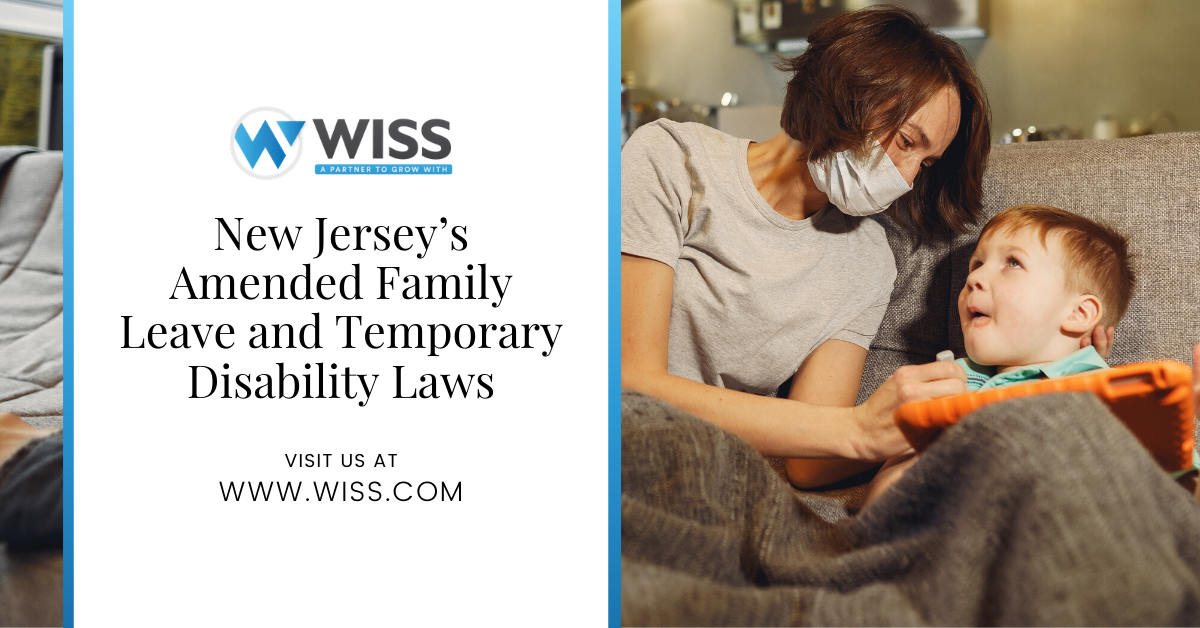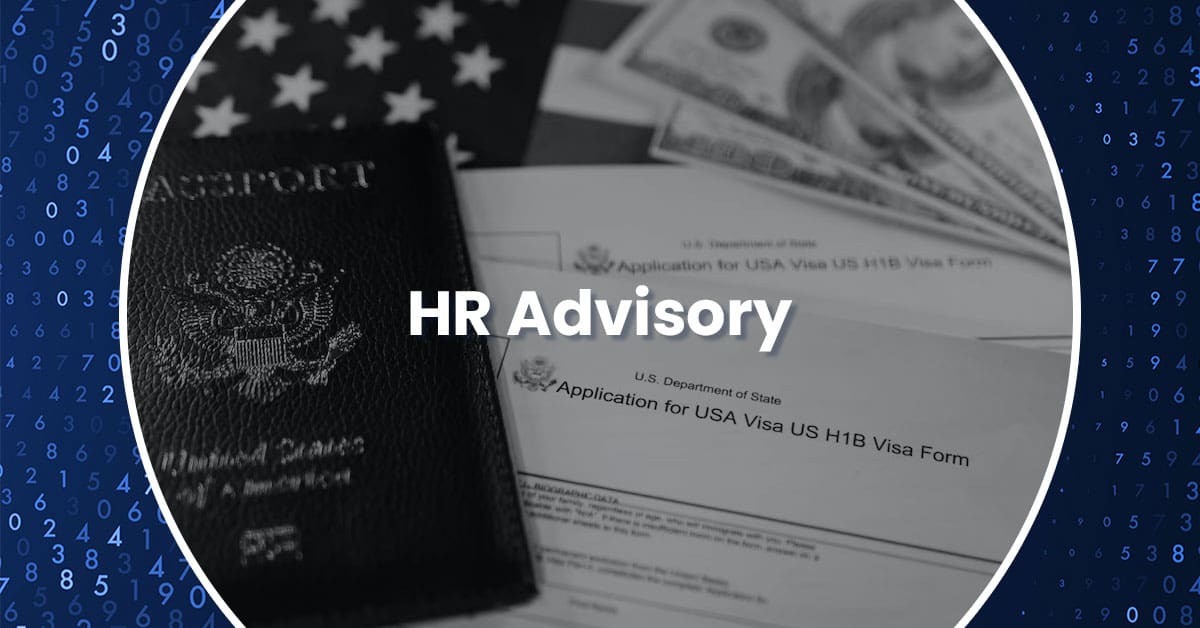By Lisa Calick
In response to the ongoing COVID-19 pandemic, on April 14, Governor Murphy recently signed into law new amendments to the New Jersey Family Leave Act (NJFLA) and New Jersey Temporary Disability Benefits Law (NJTDBL) to provide additional coverage for employees whose need for leave relates to an epidemic of a communicable disease, known or suspected exposure to a communicable disease, or efforts to prevent the spread of a communicable disease.
The NJFLA had previously allowed eligible employees to take up to 12 weeks of unpaid job-protected leave following the birth of a child, adoption or placement of a child in foster care, or to care for a family member with a serious health condition. The amended law expands upon those categories to include those that occur when a state of emergency is declared by the governor or public health authority, or
is due to an epidemic, a known or suspected exposure to a communicable disease, or efforts to prevent the spread of a communicable disease when the need of the employee is:
- to care for a child whose school or place of care is closed by order of a public office due to an epidemic or public emergency
- to care for a family member who is under a mandatory quarantine order resulting from an illness caused by an epidemic where the family member’s exposure would jeopardize the health of others
- to care for a family member who is in voluntary self-quarantine recommended by a health care provider or public authority resulting from suspected exposure to a communicable disease
Additionally, whereas the pre-existing NJFLA law has allowed employers to deny leave to salaried employees who are among the highest-paid five percent of the workforce or among the seven highest-paid employees, the new law provides that family leave may not be denied to such highly paid employees when the need for the leave is due to a state of emergency declared by the governor or public health authority, or for an epidemic of a communicable disease, known or suspected exposure to a communicable disease, or efforts to prevent the spread of a communicable disease.
The amended NJFLA also provides a process for leave to be taken intermittently if the employee provides prior notice of the leave as soon as practicable, makes a reasonable effort to schedule leave so as not to disrupt the operations of the employer, and if possible provides a regular schedule of the day(s) of the week needed for intermittent leave.
The New Jersey Temporary Disability Benefits Law also has been amended to include an expanded definition of disability during a state of emergency to include an illness caused by an epidemic of a communicable disease, a known or suspected exposure to the communicable disease, or efforts to prevent the spread of a communicable disease, when it requires in-home care or treatment of the employee due to:
- the issuance by a health care provider of public health authority that presence in the community of the employee may jeopardize the health of others
- the recommendation or order of a health care provider or public health authority that the employee be isolated or quarantined as a result of suspected exposure to a communicable disease
It is important to note that while these amendments were made in response to the COVID-19 pandemic, they are not temporary measures. As such, employers may want to ensure that any policies covering these laws are updated to reflect the new amendments.

 Previous
Previous






